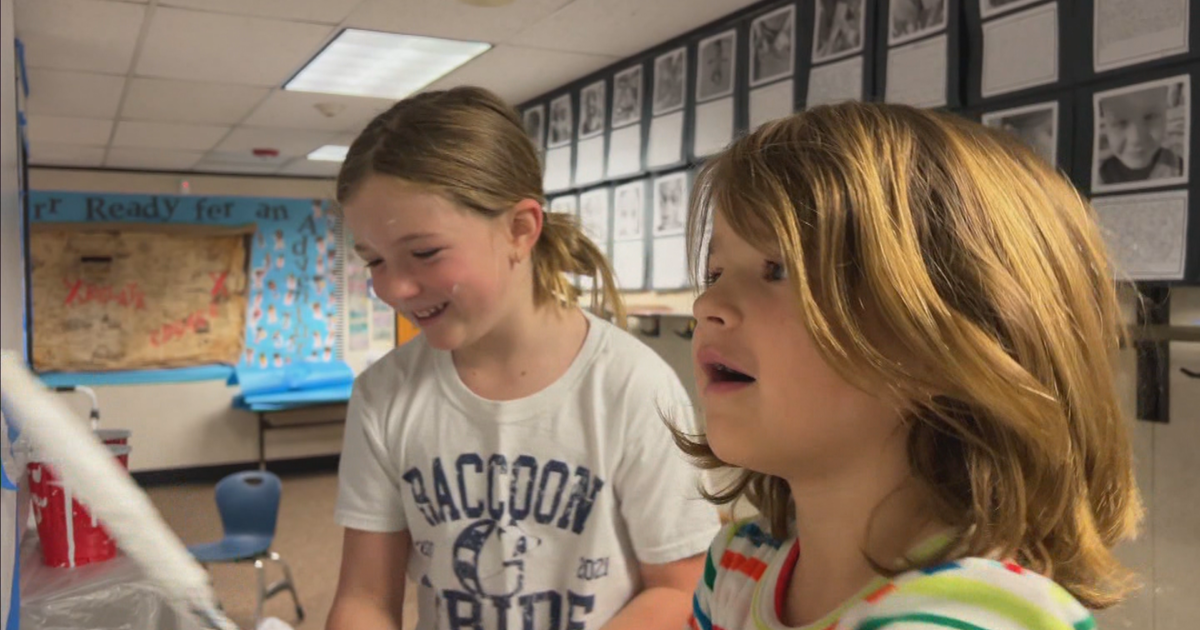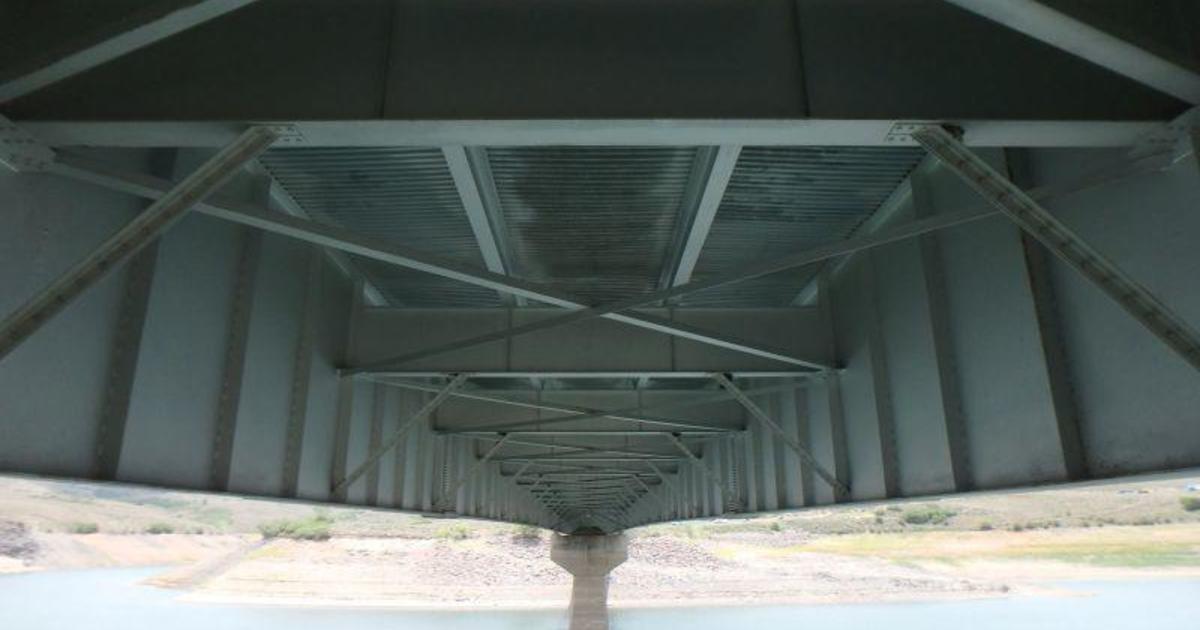Colorado Could Ditch More School Tests
DENVER (AP) - Opponents of standardized tests for schoolchildren have a fresh weapon this year in Colorado -- the high price tag of exams.
Colorado lawmakers are expected to consider joining other states in dropping statewide testing requirements beyond those required by the federal government. That could mean a sharp reduction in the $20 million or so spent each year giving students in grades three through 11 annual writing exams and other standardized tests. The change would also get rid of mandatory ACT exams for high school juniors.
"We over-test," said Democratic Rep. Judith Solano of Brighton, who plans to propose abolishing non-mandatory standardized tests. "There are more meaningful and useful tools out there for accountability."
Solano has tried and failed before to ratchet back standardized tests in Colorado. But this year, when schools face dramatic budget cuts forcing likely teacher layoffs and even the closure of some schools, testing opponents say the time is ripe for a big change in how often the state orders tests.
Republican Rep. Tom Massey, who leads the House Education Committee, says lawmakers from both parties are more open this year to abolishing tests he called "mandated excess."
"We're so significantly over-testing that everyone feels this is something we want to look at," Massey said.
It's hard to pin down exactly how much the change would save. The state Department of Education puts annual testing costs near $20 million, but Colorado isn't free to chuck standardized tests completely. Federal law requires students to be tested annually in reading and math in grades three through eight, with one exam in high school.
What Colorado may drop is additional tests, joining a national trend away from non-required exams. Colorado gives annual writing tests in addition to the Colorado Student Assessment Program tests, and requires extra tests in high school. Giving ACT tests to all high school juniors, for example, cost $1.8 million last year, according to the state Department of Education.
"States are looking at any way to reduce expenses" for schools, said Ron Dietel of UCLA's Center for Research on Evaluation, Standards and Student Testing.
At least six states in recent years have gotten rid of high school graduation exams, which aren't required under federal law. In Georgia, lawmakers last year simply stopped paying for standardized tests in first and second grades, effectively ending those exams. Even test-happy Texas is considering lowering requirements for annual exams for students who scored well the previous year, under pending legislation in that state.
Colorado's CSAP tests have long been derided by opponents who question both the tests and the practice of using scores to evaluate teachers and schools. The tests will be replaced with new exams next year, called the Transitional Colorado Assessment Program.
But even educators quick to point out CSAP flaws take pause at the idea of getting rid of some tests completely.
"Testing takes up a lot of instructional time, I understand that," said Elliott Asp, assistant superintendent for performance improvement for the Cherry Creek school district in suburban Denver. "But I want us to think about this in a systematic way before getting rid of it all."
The Colorado Association of School Boards is likely to oppose getting rid of any statewide tests.
"We owe something to the public that is an empirical test," said Jane Urschel, deputy executive director of the school boards group. "It's a moral obligation, really, to parents and to students themselves."
A state senator who is principal of a charter high school said he'd have serious reservations about throwing out test requirements. Republican Sen. Keith King said he'd be willing to replace current tests, but not get rid of them completely.
"We still need testing every year so we can determine longitudinal growth," said King, who is principal of Colorado Springs Early Colleges. King added that giving ACTs to all high school juniors can help open some students' eyes to the possibility of college.
Others question the wisdom of conforming to federal requirement that could change.
Dietel, the UCLA exam expert, said states like Colorado may also prefer to wait for looming congressional action on school testing and accountability standards in the federal Elementary and Secondary Education Act.
"Shouldn't states wait to make statewide changes until after the Act is reauthorized, so that they don't have to go back and make more changes?" he asked.
Parents and students weren't sure what to make of the changing test landscape, if recent Capitol visitors were any guide.
Several teachers interviewed by the AP simply laughed when asked how much time they spend on standardized tests. But the teachers seemed to object more to how the tests are used, not their existence.
"I go back and forth on this," said Michelle Whiteaker, a fifth grade teacher at Denver's Swansea Elementary School. "The data is nice because it drives my instruction."
Whiteaker wasn't ready to call for an end to the tests, but said it's a debate Colorado needs to have.
"Examining testing is always prudent, especially when so much pressure is put on schools to improve," said Whiteaker, who brought students to recite the pledge for lawmakers.
Another Capitol visitor, third-grader Ryder Hewston of Boulder County just came through his first annual state-mandated exam -- but he seemed to brush off concerns that the annual exam is a waste of student and teacher time.
"I don't think they should get rid of it. They gotta know how much we're learning," Hewston said.
- By Kristen Wyatt, AP Writer
(Copyright 2011 by The Associated Press. All Rights Reserved.)



